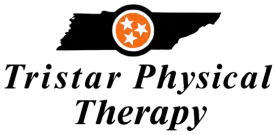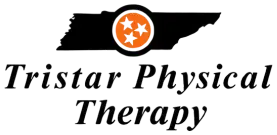Empower Your Health: Women’s PT 101
Physical therapy, also known as physiotherapy, is a branch of medicine that focuses on the restoration, maintenance, and promotion of movement, function, and overall health. Physical therapy is a non-invasive, drug-free approach to treating health problems through exercise, manual therapy, and education. Women’s physical therapy addresses a wide range of issues affecting women, including pelvic pain, urinary incontinence, pelvic floor dysfunction, pregnancy-related disorders, and breast cancer.
Physical therapy is an essential tool for women who want to improve their physical and emotional well-being. Through physical therapy, women can learn exercises to improve their strength, flexibility, balance, and endurance. Physical therapy can also help women manage chronic pain and prevent future injuries by teaching them proper body mechanics and ergonomics. Additionally, physical therapy can help women regain their independence, self-esteem, and overall quality of life.
Discover the Benefits of Physical Therapy for Women
The benefits of physical therapy for women are numerous and significant. Physical therapy can help women improve their physical health, emotional well-being, and overall quality of life. It can help women manage chronic pain, prevent future injuries, and regain their strength and endurance after injuries, surgeries, or illnesses. Physical therapy can also help women manage pregnancy-related disorders, such as pelvic pain, urinary incontinence, and pelvic floor dysfunction, and help them recover after childbirth.
Furthermore, physical therapy can help women manage breast cancer-related lymphedema, a swelling condition that affects women who have had breast cancer surgery. Physical therapy can help women reduce the swelling, improve their range of motion, and prevent further complications. Physical therapy can also help women manage menopause-related issues, such as osteoporosis and joint pain, through exercise and education.
In conclusion, physical therapy is an effective and non-invasive approach to enhancing and maintaining women’s health. Through physical therapy, women can improve their physical and emotional well-being, manage chronic pain, prevent future injuries, and regain their strength and endurance. Physical therapy can address a wide range of issues affecting women, including pelvic pain, urinary incontinence, pregnancy-related disorders, breast cancer-related lymphedema, and menopause-related issues. Therefore, if you’re a woman looking to empower your health, consider physical therapy as a part of your wellness routine.

